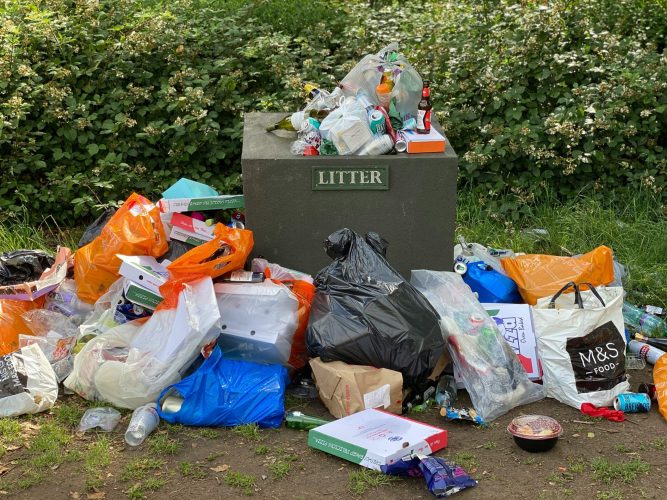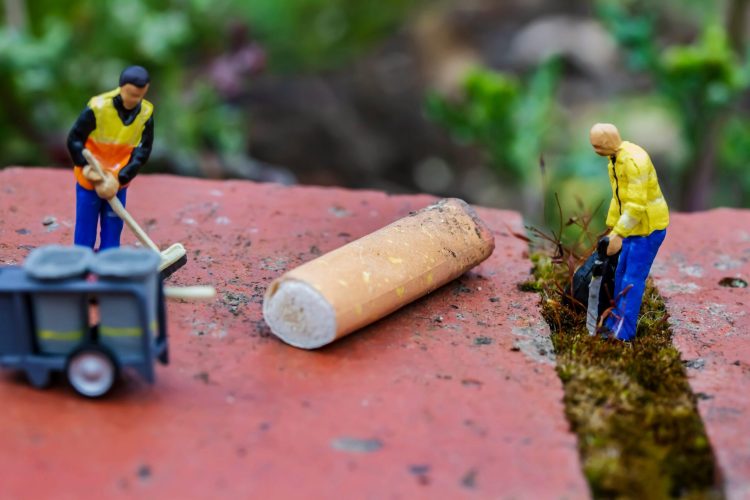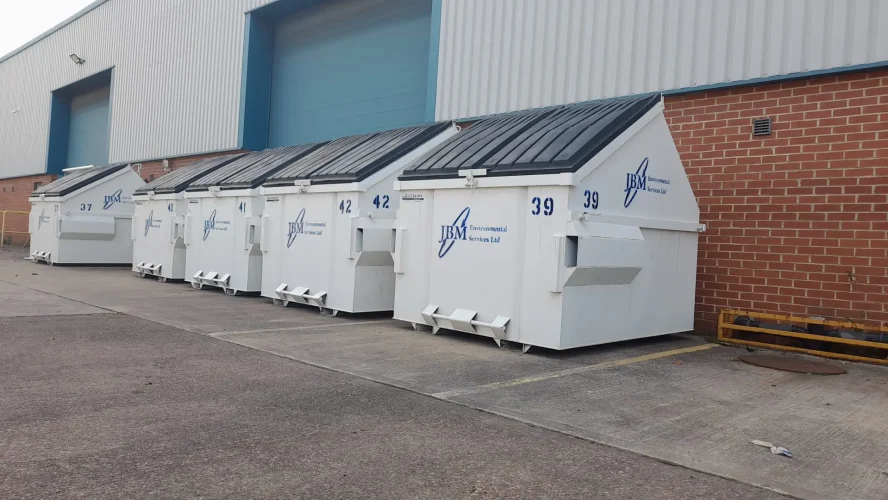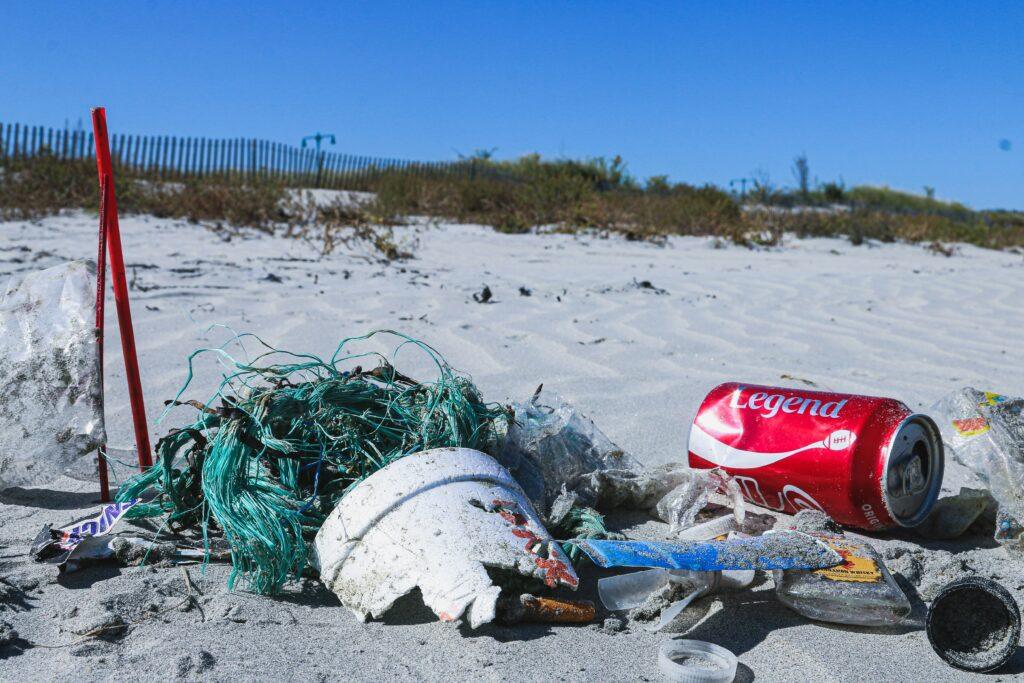What is Fly-Tipping?
Fly-tipping is the illegal deposit of waste on land not licensed to receive it. Anything from domestic rubbish bags to large construction debris counts as fly-tipped waste if disposed of without the correct authorisation. Common hotspots include lay-bys, quiet country roads, car parks, and even private farmland.
The UK Legal Framework
The UK has a robust legal structure aimed at deterring fly-tipping. Key legislation includes:
- Environmental Protection Act 1990: Makes it an offence to deposit, discard, or abandon waste in an unauthorised manner.
- Clean Neighbourhoods and Environment Act 2005: Empowers local authorities to issue on-the-spot fines and enforce stricter penalties for environmental crimes, including fly-tipping.
- The Waste (England and Wales) Regulations 2011: Emphasises a ‘waste hierarchy,’ promoting prevention, reuse, and recycling over disposal or energy recovery.
Offences under these laws can result in on-the-spot fines, seizure of vehicles, or prosecution leading to unlimited fines and even prison sentences for serious repeat offenders. Despite these strong measures, the UK government reports that local authorities still face a relentless battle with fly-tipping, incurring millions of pounds annually in clean-up costs.

The Scale and Scope of the Problem
Recent statistics paint a worrying picture:
- Local councils in England alone dealt with over 1 million fly-tipping incidents in a single year—equivalent to nearly one every 30 seconds.
- Government data suggest that two-thirds of recorded fly-tips consist of household waste, indicating that many people remain unsure or unconcerned about lawful disposal methods.
Whether it’s a small bag of rubbish dropped on the roadside or an industrial-scale dumping of building materials, fly-tipping is an issue that cuts across urban and rural areas alike.
Understanding the Environmental Consequences
Harm to Wildlife and Habitats
Illegally dumped waste can disrupt entire ecosystems. Plastic items, household chemicals, and non-biodegradable materials can take decades to decompose, leaching toxins into the soil and nearby waterways. Wildlife may ingest or become entangled in plastic packaging, leading to injuries or even death.
Farmland & Livestock Risks
When fly-tipping occurs on farmland, livestock can become injured by sharp objects like broken glass or metal scraps. Hazardous chemicals could also contaminate grazing fields, which in turn affects animal health. This has a knock-on effect on farming businesses and local food supplies.
Soil and Water Pollution
Hazardous materials—such as motor oils, solvents, and batteries—can seep into the ground, posing a significant risk to groundwater and nearby rivers. Once pollutants enter watercourses, they can harm fish and aquatic plant life, potentially moving up the food chain and affecting human health if the water is used for drinking or irrigation.
Visual Blight and Community Morale
Fly-tipped sites can rapidly grow larger as people see existing rubbish and decide to add to it. This creates a vicious cycle of neglect, damaging the local environment’s visual appeal and undermining community pride. Areas affected by persistent fly-tipping may see property values decline, while visitors and tourists are deterred by the unsightly waste.

The Broader Impact: Cost to Communities and Businesses
Financial Burden on Local Authorities and Taxpayers
Clearing fly-tipped waste is a costly endeavour. Local councils spend millions of pounds every year removing rubbish, investigating offences, and prosecuting offenders. These resources could otherwise fund essential public services such as education, healthcare, or community programmes.
Commercial Implications
For businesses, the fallout can be significant. Fly-tippers often target commercial sites after hours, burdening owners with unplanned disposal costs and potential environmental liabilities. Retail outlets, warehouses, and construction sites are particularly vulnerable, as large open spaces can be magnets for opportunistic criminals.
Public Health and Safety Concerns
Illegally dumped waste can harbour pests like rats, mosquitoes, or flies, which can spread disease. Children playing near dumped rubbish may encounter sharp objects or hazardous materials. Additionally, rotting waste and certain chemical residues emit foul odours and harmful gases, degrading air quality in the surrounding area.
Prevention Strategies: How Individuals and Businesses Can Help
Use Licensed Waste Carriers
One of the most straightforward ways to prevent fly-tipping is to ensure you use a registered waste carrier. Before handing over any rubbish, check the carrier’s credentials on the Environment Agency’s Public Register. A reputable provider like JBM Environmental Services ensures your waste is handled, transported, and disposed of lawfully.
Secure Your Waste
- On-Site Storage: If you manage a business premises, store waste in locked bins or within a secure yard. This deters unauthorised individuals from adding their rubbish to your containers.
- Construction Sites: Keep skips covered or locked outside working hours. Post clear signage indicating CCTV use or watch schemes to dissuade trespassers.
Promote Employee Awareness
For businesses, staff education is key. Train employees on correct waste segregation, recycling procedures, and the importance of reporting any suspicious activity. Internal policies can include designated waste disposal points and routine checks of external areas.
Report Fly-Tipping Incidents Promptly
If you witness fly-tipping or discover dumped rubbish on your land, report it to your local council or via the GOV.UK official reporting tool. Swift action can stop a single small dump from escalating into a larger, more expensive clean-up operation.

Community-Led Solutions
Volunteer Clean-Up Events
One of the most effective ways to tackle existing waste and deter future fly-tippers is organising neighbourhood clean-up days. Local residents, businesses, and community groups can join forces to collect, bag, and dispose of rubbish responsibly. Such initiatives don’t just improve the environment—they foster a collective spirit that discourages further illegal dumping.
Case in Point
Communities in some London boroughs have seen significant reductions in fly-tipping after initiating regular clean-up and outreach programmes. By forming local networks that share information and resources, residents can more effectively identify and report offenders.
Educational Campaigns
Partner with local schools, community centres, and youth groups to launch awareness campaigns about fly-tipping’s legal and environmental repercussions. Materials could include flyers, posters, or social media infographics. Collaborating with national organisations like Keep Britain Tidy amplifies the message and helps standardise resources.
Enhanced Surveillance and Signage
- CCTV Installation: In areas prone to frequent fly-tipping, installing CCTV cameras can serve as a deterrent and aid law enforcement.
- Warning Signs: Prominent signage detailing the legal consequences of fly-tipping—such as fines and vehicle seizures—often dissuades would-be offenders.
How JBM Environmental Services Can Support
As leaders in responsible waste management, JBM Environmental Services offers a comprehensive suite of services to help individuals, businesses, and local authorities combat the issue of fly-tipping:
- Licensed Skip Hire
- We provide a wide range of skip sizes to suit domestic, commercial, and industrial needs.
- Our skips are always delivered and collected by licensed carriers, ensuring all your waste is handled legally from start to finish.
- Learn more about our skip hire services.
- Hazardous Waste Removal
- JBM has the expertise to handle and safely dispose of hazardous materials like asbestos, chemicals, and electrical equipment.
- This service prevents fly-tipping by offering a secure and compliant alternative for high-risk waste streams.
- Consultancy and Compliance
- Unsure about waste regulations? Our team offers consultancy to keep your business up-to-date with evolving legislation, including the Waste (England and Wales) Regulations 2011.
- We can conduct site assessments, recommend best practices, and guide you through the paperwork to ensure your operations remain fully compliant.
- Commercial Partnerships
- For frequent or large-scale waste producers, JBM can establish partnerships to manage waste streams cost-effectively.
- From construction sites to retail complexes, our flexible contracts ensure you stay one step ahead of potential fly-tipping issues.
By choosing JBM Environmental Services, you play a pivotal role in the fight against illegal dumping. Together, we can safeguard our environment, support local communities, and maintain compliance with UK waste management laws.

Conclusion and Call to Action
Fly-tipping is not just an environmental crime; it’s a community and economic concern that demands collective action. By understanding the legal context, taking preventive steps, and reporting any suspicious activity, each of us can help curb this ongoing issue. Meanwhile, investing in professional waste services like those offered by JBM Environmental Services ensures your rubbish is disposed of responsibly and lawfully.
Ready to Make a Difference?
- Contact Us: Reach out to our team for a tailored waste management solution.
- Spread the Word: Share this blog post on social media to educate friends, colleagues, and neighbours about the dangers of fly-tipping.
- Get Involved Locally: Volunteer for or organise clean-up events in your community. If you spot illegally dumped waste, report it immediately to your local council or via GOV.UK.
Each small step, whether it’s booking a skip for your renovation project or joining a community litter-pick, contributes to a healthier, cleaner, and more sustainable UK.

Additional Resources and Recommended Links
Tel:0333 335 5349 Email: [email protected]
Share This Post!
Share this blog post on your social media channels and join us in our mission to protect the environment from waste.
